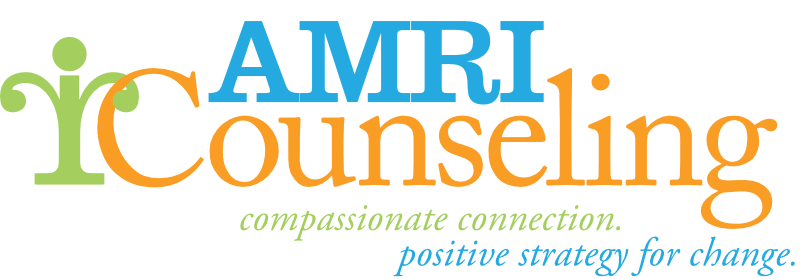The Importance of Family Mental Health Therapy
In the intricate web of human relationships, the family stands as the cornerstone of support, love, and understanding. However, just like any other aspect of life, familial bonds can undergo strain, especially when faced with mental health challenges. This is where family mental health therapy steps in as a guiding light, offering a path towards healing and resilience.


At its core, family mental health therapy operates on the principle of collective healing. Rather than viewing individuals in isolation, it recognizes the interconnectedness of family members and how their dynamics influence mental well-being. By fostering open communication and empathy within the family unit, therapy creates a safe space where each member can voice their concerns, fears, and aspirations without judgment.
“”The curious paradox is that when I accept myself just as I am, then I can change.”
— Carl Rogers
One of the significant benefits of family mental health therapy lies in its ability to address underlying issues that may contribute to mental health struggles. Whether it’s unresolved conflicts, communication barriers, or generational trauma, therapy delves deep into the root causes, paving the way for meaningful healing and growth. Through guided sessions and evidence-based interventions, families learn constructive ways to navigate challenges, fostering resilience and unity in the face of adversity.
Managing Symptoms
Ultimately, family mental health therapy is not just about managing symptoms; it’s about nurturing stronger, more resilient bonds that withstand the test of time. By investing in collective well-being, families cultivate a supportive ecosystem where every member feels seen, heard, and valued. In embracing vulnerability and embracing change, families embark on a journey of self-discovery and transformation, fostering a legacy of love, understanding, and mental wellness for generations to come.

